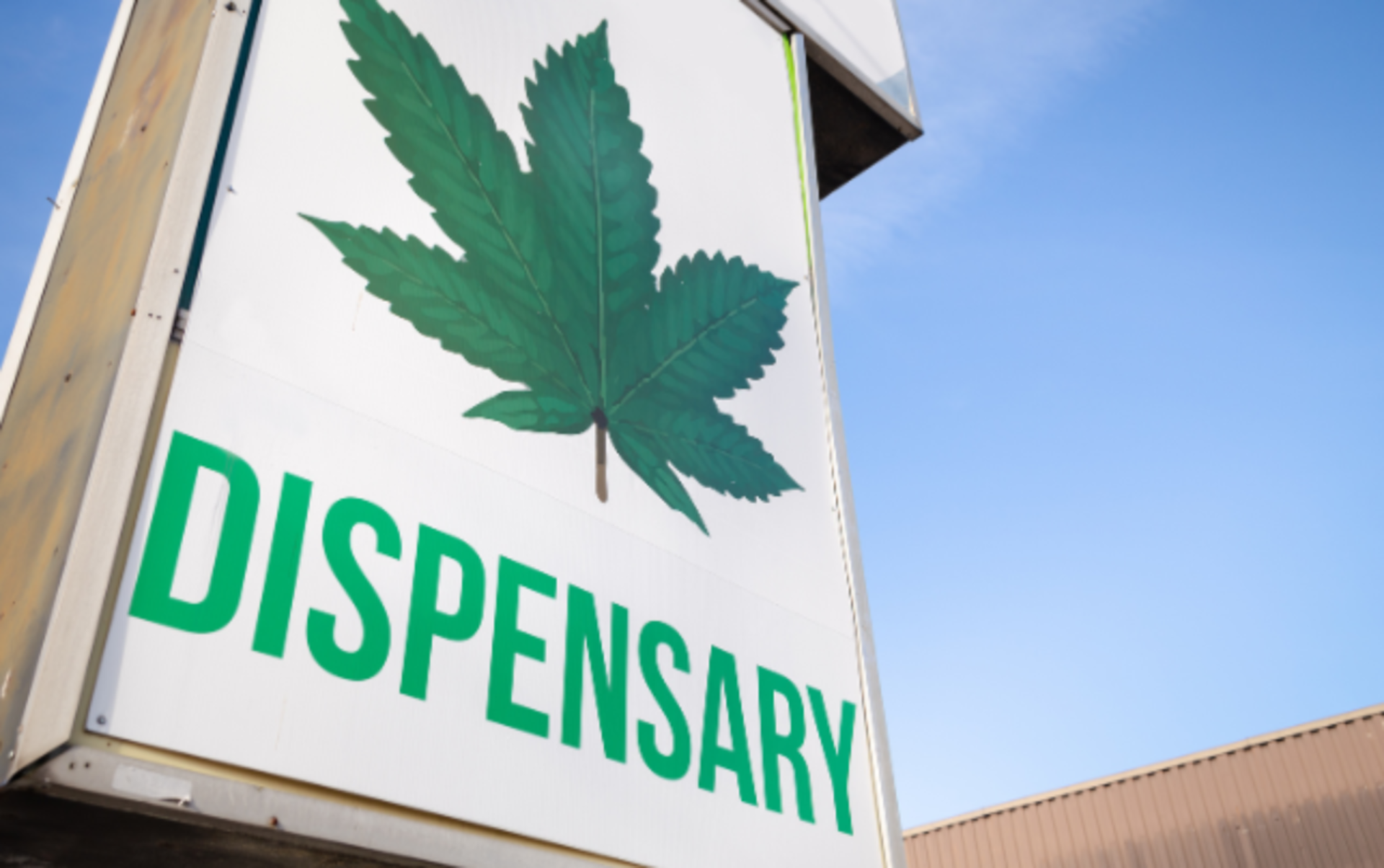
Regulatory Citations Increasing in Mississippi's Medical Cannabis Program
Mississippi’s Medical Cannabis Program is in full swing with more than 20,000 enrolled patients (and growing!) and over 350 licensed businesses since the program launched in the summer of 2022. Mississippi’s program is on its way to being on par with or better than other similarly sized states with comparable programs. With growth comes some growing pains though.
At this point, many licensees are open for business, or close to it, and beginning to have more interactions with the enforcement arms of the state regulators. Both the MS Department of Health and the MS Department of Revenue have staff whose sole job is to ensure licensees are complying with their agency’s respective regulations. The DOR has an entire Bureau of Enforcement to conduct site visits and respond to complaints against dispensaries.
Ensuring that licensees are compliant with the regulations is an important part of any licensed industry. There is a balance of enforcement though. If the agency is too lax, some licensees are disincentivized to follow the rules and will find ways to cut corners or game the system to get an unfair advantage over licensees who self-regulate. However, if an agency is heavy-handed on enforcement or inconsistent in its interpretations of its regulations, rule-following licensees could be unfairly punished or fined, may choose to drop their licenses, or even seek legal recourse against the state agency.
Our experience is that the overwhelming majority of licensees are trying to follow the law and regulations. Very few are looking for ways to operate outside the bounds of the law, though every industry has bad apples. Over the past year, we have responded to a number of corrective action requests and citations received by our clients. Quite a few have been based on an agency’s erroneous interpretation of their own regulations or have been aggressive accusations for minor non-compliance matters. If you fall into this category, what can you do?
If you are staring down a citation or worse, there is definitely a right way and a wrong way to respond. First, when dealing with an enforcement agent, please be respectful and calm. Rather than arguing with an agent or saying something you may regret, it is best to ensure the interaction is amicable and properly documented. Gain a clear understanding of why they are there and what the citation is for.
Next, contact an attorney who handles regulatory matters and has experience interacting with these state agencies. An attorney will help you navigate a proper response to an agency’s request for documentation or other action such as a citation. You also could choose to appeal a decision of the agency and proceed with an administrative hearing, something you will definitely want your attorney involved in.
We have seen a recent uptick in citations based on noncompliance with reporting through METRC, the state’s seed-to-sale tracking system. Often the alleged violations are unclear and based on an interpretation of language deep in the METRC state supplemental guide, which has undergone a number of revisions over the past twelve months. The alleged violations come with hefty fines for each violation, some of which could force a business to close. This raises the question of whether the Medical Cannabis Program is being effectively policed.
Given the newness of Mississippi’s Medical Cannabis Program, the regulatory agencies should focus on (1) shoring up their regulations to ensure licensees can easily understand the expectations, (2) communicating effectively with licensees about needed regulatory changes, and (3) enforcing the regulations against true bad actors.
Licensees can help with this by engaging with the Medical Cannabis Advisory Committee to illuminate areas of concern within the respective agencies, leaning on the industry’s trade association to be a centralized voice for communicating needed changes and sharing best practices with other licenses to encourage industrywide compliance.
As Mississippi’s medical cannabis industry enters its second year, the industry and the regulators have the opportunity to grow a medical cannabis program that truly benefits Mississippi’s patients. It will take communication and cooperation but is certainly achievable.
Conner Reeves is an attorney at McLaughlin, PC, a boutique law firm in Jackson, Mississippi focused on helping clients in regulated industries like medical cannabis and alcohol and food manufacturing.





